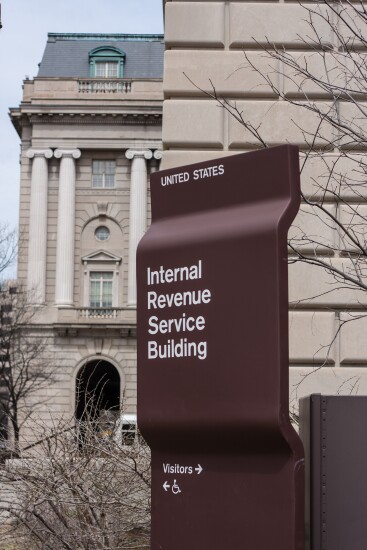15 regs, court cases, revenue procedures and other tax-related news practitioners should take note of.
Federal tax update: Top developments of the past year
July 17, 2017 4:25 PM















Affected taxpayers in the Dakotas now have a later date for filings and payments.
Democrats are asking TIGTA to investigate reports that the administration plans to have the Internal Revenue Service target left-leaning nonprofits and donors.
The average number of CAMs per report decreased to 1.27 in 2024, per Ideagen Audit Analytics' latest report.
The Accounting MOVE Project Report focused on the theme of "belonging," arguing it's not merely a soft idea, but a necessity for recruiting and retaining talent.
NASBA announces new board members, bestows three awards; AICPA honors forensic and valuation professionals at annual conference; and more news from across the profession.